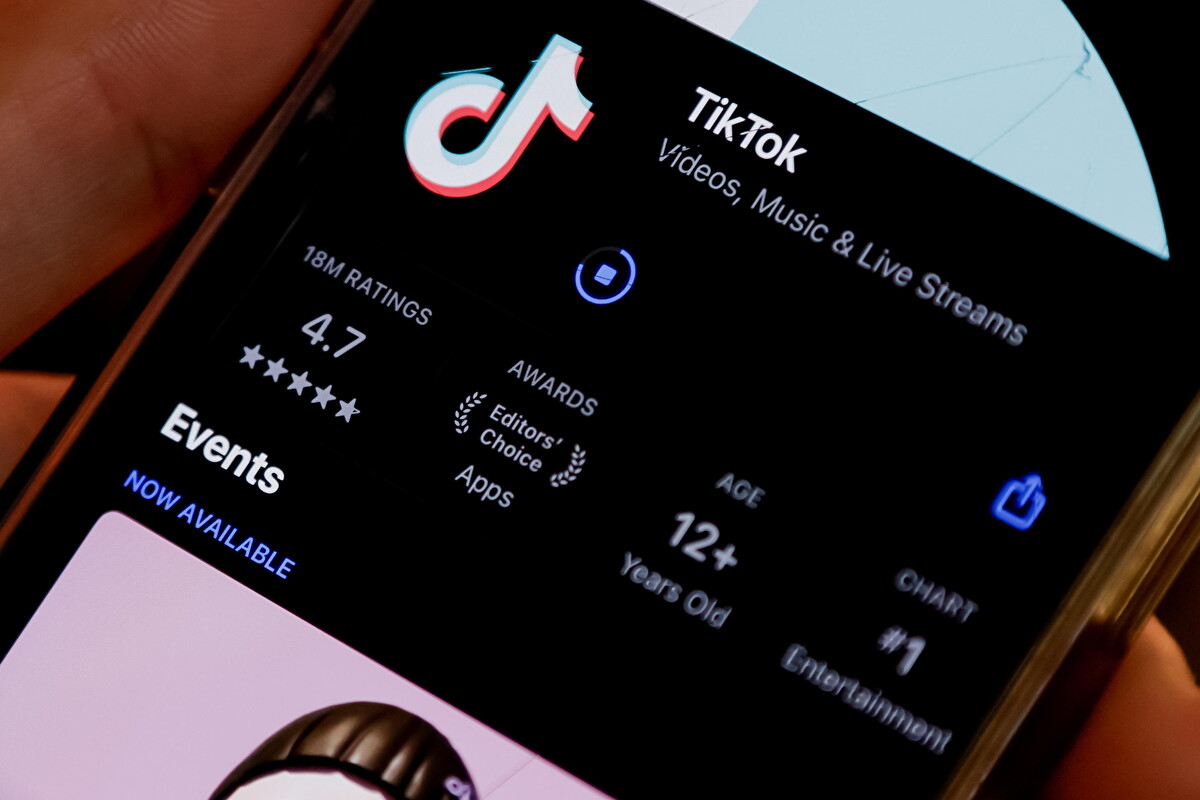While most of us trade privacy for convenience — free email, lightning delivery, social networking — there are those who choose to “disappear.” Dummy mailboxes, disposable phone numbers, virtual credit cards, addresses in trust names, shielded devices in anti-hacker bags: these are just some of the solutions that “extreme privacy” specialists offer their clients. Requiring these services are high-profile individuals – VIPs, entertainment stars, CEOs – who are willing to pay tens of thousands of dollars a month in order to remain untraceable, relying on top-notch privacy consultants.
According to Archive, interest in this type of protection has increased since the killing of UnitedHealthcare CEO Brian Thompson in 2024. The recent leak from Signal, in which some people were accidentally added to a confidential Trump administration group chat, has also generated concern among many prominent figures.
Currently, we are all immersed in a “control network” made up of traffic cameras, Google Street View cameras, police body cams, surveillance cameras, smartphones and even wearable devices such as Mark Zuckerberg’s Ray-Ban Meta smart glasses. Geolocators found in cell phones, as well as AirTags, along with listening systems found in devices such as Siri and Alexa, now prevalent in most homes, contribute to this pervasive surveillance. Mobile phone apps and operators, moreover, can accurately determine not only which building a person is in, but also on which floor, thanks to GPS installed in phones.
As expert privacy consultants point out, much of this information is sold almost instantaneously through an automated shadow economy of brokers who constantly monitor the data. There are even stores like Walmart, where Bluetooth systems record which products customers linger on.
In recent years, according to the nonprofit organization Identity Theft Resource Center, data breaches in the United States have exploded, nearly doubling: from 1,801 in 2022 to 3,205 in 2023. This is partly because of companies’ increasing reliance on cloud storage.












